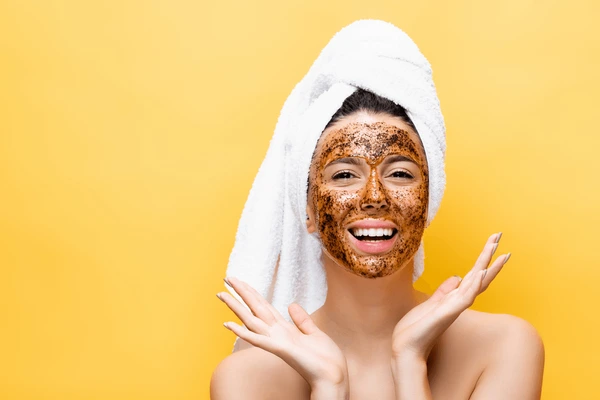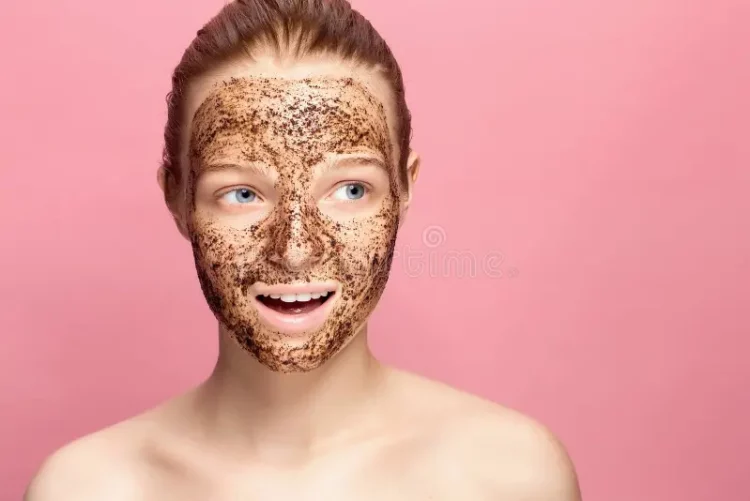Coffee, a beloved beverage for millions around the globe, is often praised for its ability to invigorate the mind and body. However, its impact extends beyond just providing an energy boost. Dermatologists have extensively studied the relationship between coffee consumption and skin health, revealing both positive and negative effects. In this comprehensive exploration, we delve into how coffee can influence your skin, uncovering the science and dermatological insights behind it.
The Positive Effects of Coffee on Skin
1. Rich in Antioxidants
Coffee is loaded with antioxidants, such as polyphenols, which help combat free radicals that contribute to skin aging. These compounds protect the skin from oxidative stress and environmental damage, including pollution and UV radiation. Studies suggest that topical application of coffee-based products or even consuming moderate amounts can contribute to a healthier complexion.
2. Anti-Inflammatory Properties
The anti-inflammatory nature of coffee is linked to its high levels of polyphenols and hydrocinnamic acid. This makes coffee beneficial for conditions like acne, rosacea, and redness. Dermatologists often recommend coffee-infused creams or masks to calm irritated skin.
3. Improved Circulation
Caffeine, the active ingredient in coffee, is known for its vasoconstrictive properties, which can enhance blood flow. Improved circulation can result in brighter, more radiant skin. This is one reason coffee scrubs are popular for reducing puffiness and under-eye dark circles.
4. Exfoliating Benefits
When used topically as a scrub, coffee grounds act as a gentle exfoliant. They help remove dead skin cells, revealing smoother, softer skin underneath. Regular exfoliation also promotes better absorption of skincare products.
5. Potential to Combat Skin Cancer
Emerging research indicates that caffeine may protect against non-melanoma skin cancers. Caffeine inhibits a protein enzyme in the skin that causes UV-damaged cells to die, potentially reducing the risk of cancerous growths.
The Negative Effects of Coffee on Skin
1. Dehydration
Coffee is a diuretic, meaning it can lead to dehydration if consumed in excess. Dehydrated skin often appears dull, dry, and prone to fine lines and wrinkles. Dermatologists recommend balancing coffee intake with plenty of water to mitigate this effect.
2. Potential Acne Trigger
Excessive coffee consumption can trigger hormonal imbalances, particularly increasing cortisol levels. Elevated cortisol, the stress hormone, can lead to heightened sebum production, clogging pores and causing breakouts.
3. Impact on Sleep
Drinking coffee late in the day can disrupt sleep patterns. Poor sleep is closely tied to skin issues, including under-eye bags, dullness, and impaired skin barrier repair. Limiting coffee intake to earlier hours may help maintain healthier skin.
4. Risk of Over-Exfoliation
While coffee scrubs are beneficial, overuse can lead to micro-tears in the skin and compromise the skin barrier. Dermatologists advise using coffee scrubs no more than twice a week and being gentle during application.
5. Staining Effect
Coffee’s natural pigments can stain not just teeth but also the skin if used in high concentrations in DIY skincare. Always rinse thoroughly after applying coffee-based treatments.

How to Harness Coffee for Skin Benefits
1. Coffee Masks
Combine coffee grounds with ingredients like honey or yogurt to create a nourishing mask. Honey adds hydration, while yogurt’s lactic acid offers additional exfoliation.
2. Coffee Scrubs
Mix coffee grounds with coconut oil or olive oil for an effective body scrub. This blend exfoliates and moisturizes simultaneously.
3. Eye Treatments
Use chilled, brewed coffee or coffee-infused eye creams to reduce puffiness and dark circles.
4. Sun Protection
Choose skincare products with caffeine for added sun protection. Pair these with broad-spectrum sunscreen for maximum efficacy.
Expert Tips for Coffee Lovers
- Moderation Is Key: Stick to 1-2 cups per day to enjoy coffee’s benefits without overloading on caffeine.
- Drink Water: Balance each cup of coffee with a glass of water to stay hydrated.
- Choose Quality: Opt for organic, high-quality coffee to avoid exposure to pesticides and toxins.
- Timing Matters: Avoid coffee late in the evening to protect your sleep cycle.
- Patch Test: Before using coffee-based skincare, test a small area to rule out irritation or allergic reactions.
Case Studies: Real-Life Applications
Case Study 1: Reducing Cellulite
A 35-year-old woman used a coffee scrub twice a week to target cellulite on her thighs. Over three months, she noticed a visible improvement in skin texture, attributing it to caffeine’s tightening effect.
Case Study 2: Treating Puffy Eyes
A dermatologist recommended coffee-infused eye cream to a 28-year-old man struggling with puffiness. After consistent use for six weeks, his under-eye area appeared firmer and brighter.
Case Study 3: Calming Rosacea
A 42-year-old patient with rosacea incorporated a coffee mask with oatmeal into her weekly routine. The anti-inflammatory benefits significantly reduced redness and irritation over two months.
Conclusion
Coffee is more than just a morning ritual; it’s a versatile ingredient with profound effects on skin health. While it offers a range of benefits, from antioxidant protection to improved circulation, moderation and mindful usage are essential to avoid potential downsides. Whether sipped or applied topically, coffee can be a valuable ally in your skincare routine when used thoughtfully. Consult with a dermatologist to tailor coffee’s benefits to your unique skin needs, ensuring a radiant and healthy complexion.












































